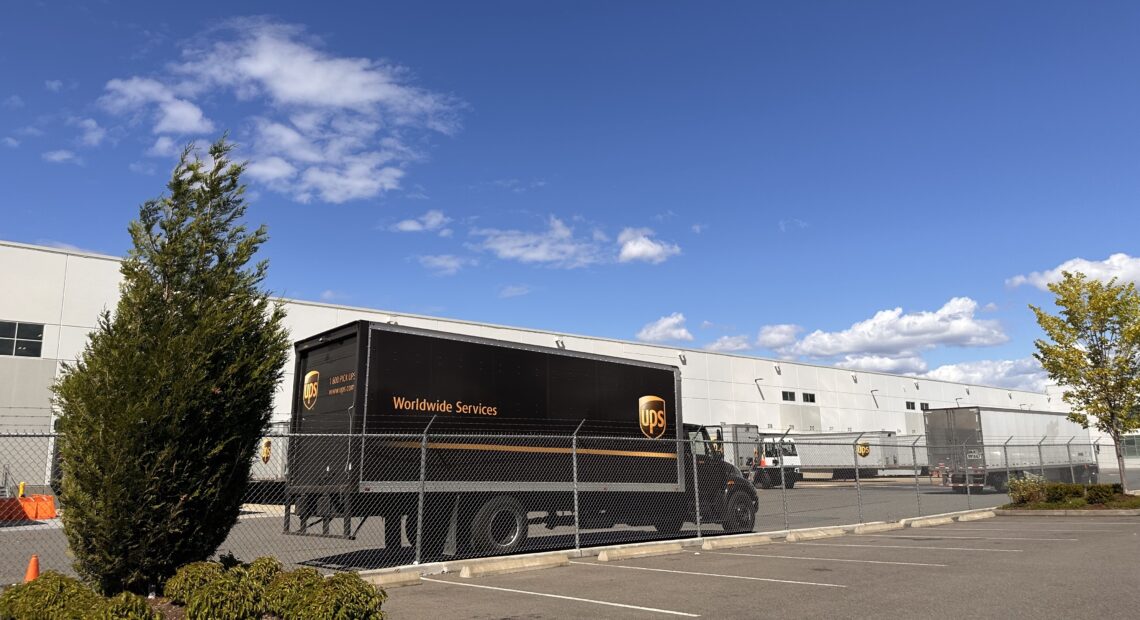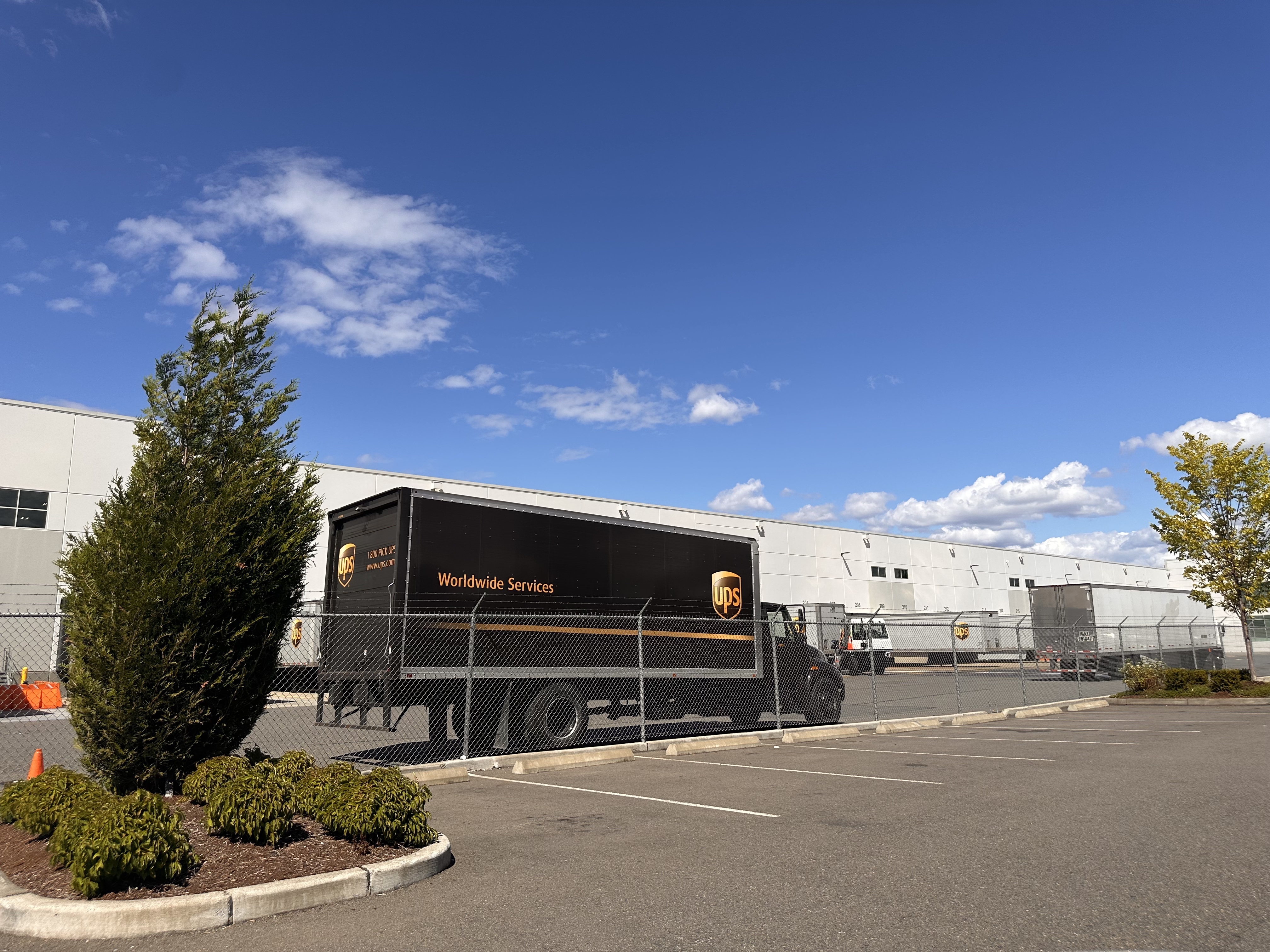
Teamsters preparing to walk off the job at UPS if company doesn’t deliver
Listen
(Runtime 1:08)
Read
With just over two weeks left before the current United Parcel Service Teamsters contract expires, employees nationwide are preparing to go on strike. If they do, it would be the largest single-employer strike in United States history.
In the Port of Tacoma, over 1,000 UPS employees from three distribution centers could walk off the job Aug. 1st, according to Brett Botts, staff organizer for Teamsters Local 313.
Since the union and company have been at the bargaining table, there have been indications that some consensus has been reached on worker concerns, including requiring air conditioning in new delivery trucks.
The sticking point appears to be part-time wages. The majority of the UPS workforce are part-time employees — 60%— whose wages start lower than the full-time drivers. In the Puget Sound region, part-timers start at $16/hour, whereas drivers start at $28/hour. Drivers are on a four-year progression and top out at $42/hour.
“The part-timers really make the thing go,” Botts said. “Without them, there’s no packages being delivered, you know, no trucks being loaded.”
Local 313 represents 200 UPS employees in Tacoma. Members said that they are willing to go on strike if it means fair pay for part-time employees. The union took a vote of the nationwide membership in June and 97% voted in favor of the strike.
Angela Murdock and Selena Falsetta have worked for UPS for nearly the same number of years; 18 for Murdock and 17 for Falsetta.
Murdock works as a part-time pre-loader. She is used to long, labor-intensive days but during the pandemic she said she was stretched to a breaking point. Some days, she said, she would work from 8 a.m. to 9 p.m. She said there were weeks when she clocked in at 60 hours.
“It’s the first time we’re really asking them for something because they asked a lot of us part-timers during COVID,” Murdock said.
Right now, part-time employees are being paid $23/hour for a market-rate adjustment, but Botts said that can go away at any time, and that the company has done that in the past.
Murdock works night shifts to make ends meet for her family. Her husband works for UPS too, as a driver.
“On Friday, I’m going in for a double shift, and Saturday, I’m going in for double shifts and that’s what I’m having to do to make ends meet,” Murdock said.
As co-workers, Falsetta said the pay gap between her and Murdock is frustrating.
“I know, as a driver, I get it good. But [it’s] surprising to hear how much she makes now, it’s not comparable to where I believe she should be,” Falsetta said. “She’s been with the company 18 years.”
While Murdock and Falsetta are both in full support of striking if the two sides can’t reach a deal that is good for the workers, both say they are worried about not getting paid.
“It’s stressful,” Murdock said. “Both my incomes come from UPS.”
“Mine as well,” Falsetta agreed. Her husband also works for UPS.
If the employees go on strike, the Teamsters have a strike fund for members. That money, which Botts estimated could last for several weeks, is called the weekly strike benefit. Members will get five times the amount they pay in monthly dues to the union, per week. For full-time drivers, that amounts to approximately $520 per week, and for part-timers, it will be approximately $250 per week. Part-timers that make $16 or less per hour will receive a strike benefit of $200 per week.
“No one wins in a strike,” Botts said. “I can tell you that I honestly think that, you know, the best case is this gets done for everybody. Whether that’s the wider U.S. economy or my individual members. I mean, I think we all are rooting for that deal to get done.”
In an emailed statement, Michelle Polk, communications with UPS, wrote: “The Teamsters have stopped negotiating despite historic proposals that build on our industry-leading pay. We have nearly a month left to negotiate. We have not walked away, and the union has a responsibility to remain at the table.”
















